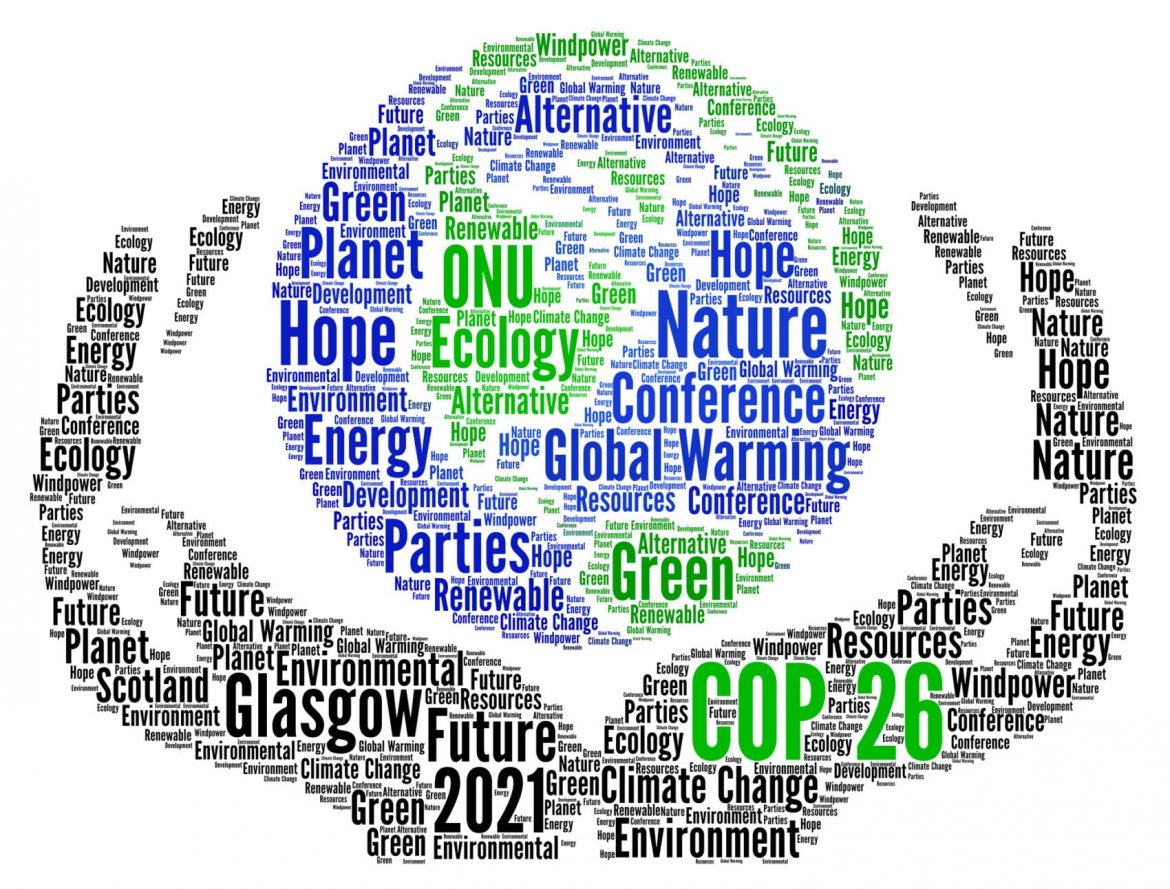Findings from a recent survey has shown that the British public has a worryingly low understanding of language around the climate crisis and environmental policies to reduce waste.
Only a quarter of people questioned clearly understood the term “green” and about the same number could accurately describe what “sustainable” – making something in a way that causes little or no damage to the environment – meant, according to the survey.
Released on Wednesday and conducted by the insights company Trajectory and the communications agency Fleet Street, the survey suggests even terms in widespread use by businesses, such as “environmentally friendly” and “locally grown”, are understood only by a minority of people.
Government policy initiatives driven by reducing waste were also not clearly understood. Three months after a ban on single-use plastic cutlery and plates was introduced, less than half of consumers questioned, or 47%, were confident at defining “single-use plastics” – plastic items that are used once and then thrown away.
Mark Stretton, who is a co-founder of Fleet Street, said that the research suggested more needed to be done to engage customers about work being done by businesses to meet net zero targets, become more sustainable and reduce their waste.
“Work needs to be done to engage consumers, starting with the language used, as much of it doesn’t appear to mean much to them,” he said. “The lack of complete understanding of what many brands and businesses would probably consider to be standard terms, such as ‘net zero’ and ‘environmentally friendly’, is striking, and indicates a level of disconnect between brands and consumers.”
Read: Report shows EU fossil fuel CO2 emissions hit 60-year low
He said that many businesses were investing heavily in sustainability, setting ambitious objectives in the process. “But there is a big piece missing; there’s massive work to be done on the language used, and the more consumers understand, the more likely they are to positively engage with, and respond to what is clearly an enormous, generational issue.”
The analysis indicates that those aged between 18 and 24 are more confident when it comes to understanding key terms around the climate and environmental policy. The word “sustainability” was understood by 24% more people from the 18- to 24-year-old age group compared with consumers over 65.
Those with higher levels of education had greater confidence in their understanding of key terms. For example, “circular economy” – an economy that eliminates waste and reduces carbon emissions by reusing resources – was understood by 11% more consumers with a university degree or higher compared with those who had left school at 16.
The term was understood by 30% more people still in formal education, compared with older people who had left education after secondary school, suggesting a greater understanding among students today than in previous generations.
Story was adapted from the Guardian.
